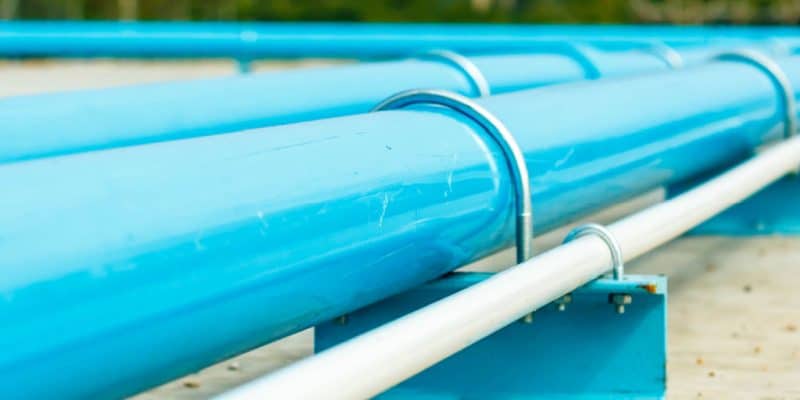The International Development Association (IDA), the World Bank Group's subsidiary, will provide a $145 million grant to the Blantyre Water Board (BWB) in Malawi. The utility will use the funding to increase access to safe water and sanitation for approximately 500,000 people in the city of Blantyre.
The International Development Association (IDA) will support the Blantyre Water Board’s (BWB) efforts to provide clean water and sanitation in the city of Blantyre, Malawi. The World Bank Group subsidiary will provide a $145 million grant to the state-owned utility.
The IDA grant will be used to build new water supply facilities, as well as independent power sources that will allow them to operate even during power outages. Drinking water and sewage systems will also be upgraded for greater efficiency, as will solid waste management facilities. “Very poor access to water and sanitation translates into immediate and major public health problems,” says Hugh Riddell, the World Bank’s Country Director for Malawi.
Delivery of facilities in 2029
Nearly 500,000 residents of Blantyre will see their water and sanitation services strengthened by the project, which will be implemented by the Blantyre Water Board in collaboration with the Blantyre City Council.
According to the World Bank, the project will last six years. In addition to water and sanitation safety, the project will enhance the operational and financial efficiency of the Blantyre Water Board, whose mission is to provide reliable and affordable water services to Malawians, while contributing “effectively” to the development of the national economy and preservation of the environment.
Read Also – AFRICA: Resource and source of life, water at the heart of sustainable development
This project is one of a series of projects proposed by the Government of Malawi to support the development of a national water program and improve access to water supply and sanitation until 2032. This will be achieved through a combination of financing instruments to maximize the effectiveness of investments, as well as incentives to strengthen institutional capacity, operational and financial efficiency, and quality of service in Malawi.
Inès Magoum







